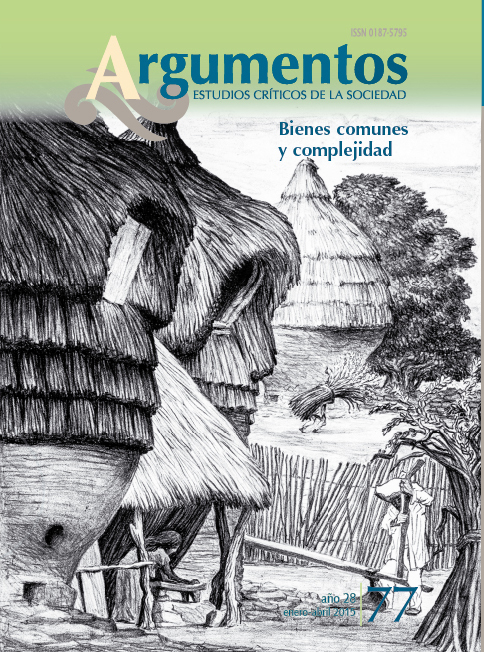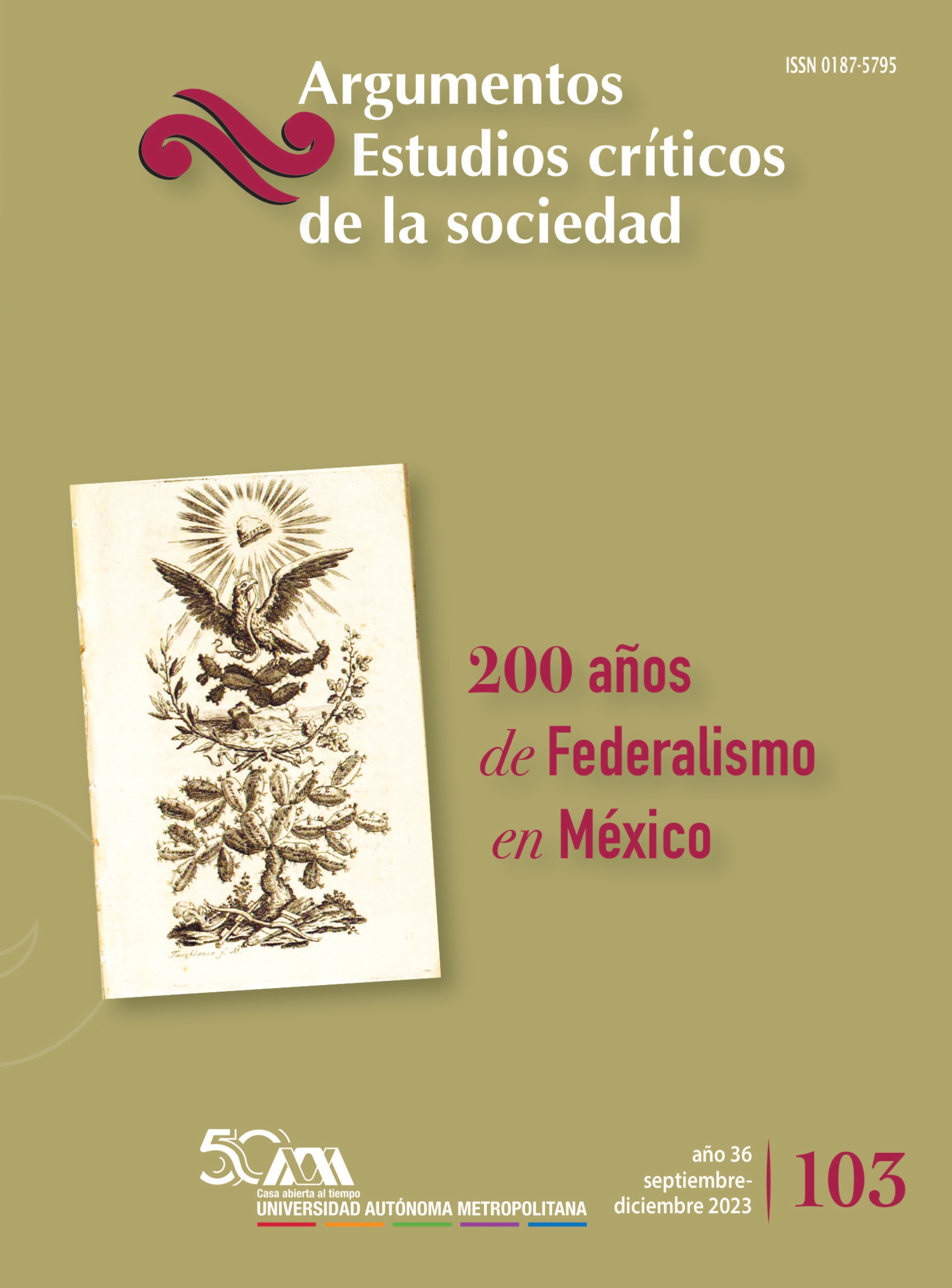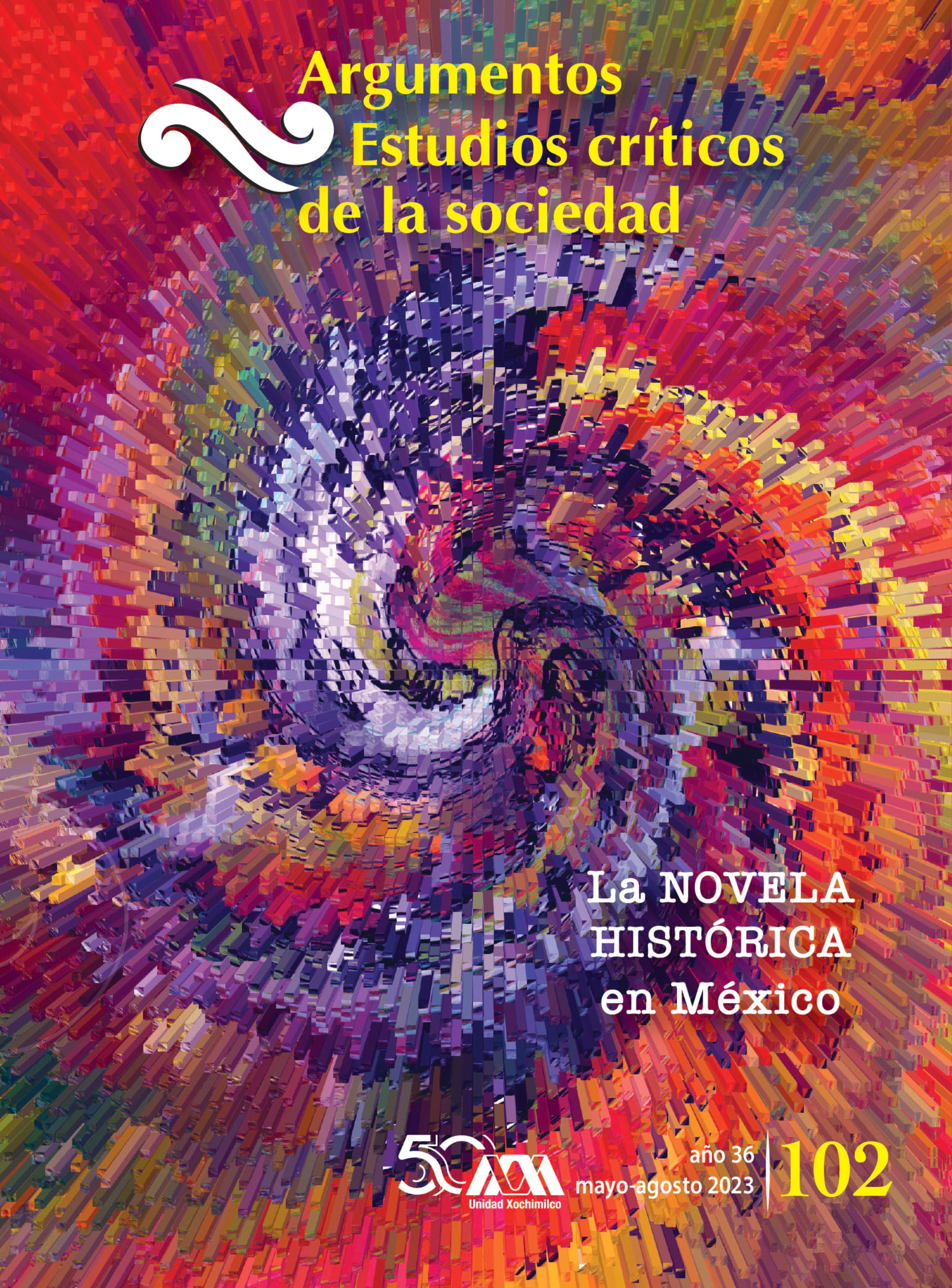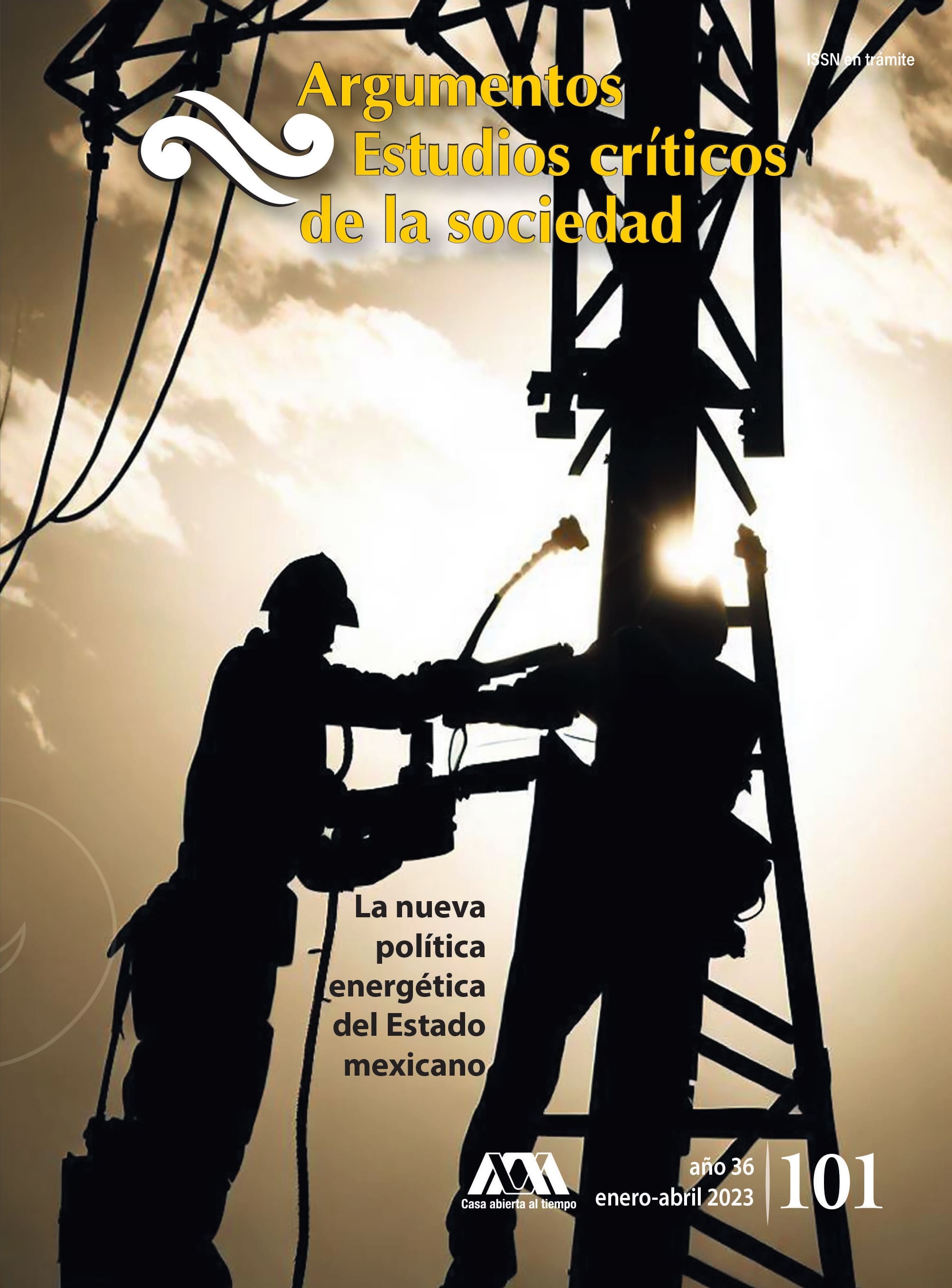Moralización y evolución institucional en la apropiación de un recurso de uso común
Keywords:
social dilemma, institutional evolution, common pool resource, agent based modelAbstract
Moralization is a common process that promotes the internalization of norms and can even cause changes in the institutional structure (Rozin, 1999); although traditionally moralization processes are related to the issues in the domain of health, in recent years the dilemmas of appropriation of CPR and New Commons have acquired moral dyes (Pinker, 2012). This paper seeks to answer the following questions. First, how does the process of moralization can help us explain, using Ostrom’s ADICO2 grammar, the process of institutional evolution in the appropriation of a CPR? Second, using an Agent Based Model to simulate a dilemma of appropriation of a CPR, what is the effect of a moralization process on the system performance? As a result, will be shown that unlike traditional cases in which a single process of moralization (usually negative) acts (Rozin, 1999), in dilemma situations, including the case of the dilemmas of appropriation of a CPR, two moralization processes (negative and positive) are presented simultaneously, through which it is possible to achieve a socially beneficial solution to the dilemma of appropriation.
References
Alexander, J. McKenzie (2007), The Structural Evolution of Morality, Cambridge, Cambridge University Press.
Axelrod, Robert (1997), The Complexity of Cooperation. Agent-Based Models of Competition and Collaboration, New Jersey, Princeton University Press, Princeton
Brown, Donald E. (2000), Human Universals and Their Implications. Being Humans: Anthro-pological Universality and Particularity in Transdisciplinary Perspectives, Neil Roughley (ed.), Berlin, Walter de Gruyter.
Dasgupta, P. y G. Heal (1979), Economic Theory and Exhaustible Resources, Cambridge, Cam-bridge University Press.
Glimcher, Paul (2009), Decisiones, incertidumbre y el cerebro. La ciencia de la neuroeconomía, Fondo de Cultura Económica, México.
Henrich, J., Samuel Bowles et al. (2003), Group Report: The Cultural and Genetic Evolution of Human Cooperation. Genetic and Cultural Evolution of Cooperation, Hammerstein, Peter (Editor), Cambridge, MIT Press.
Janssen, Marco A. y Elinor Ostrom (2006), Adoption of a New Regulation for the Governance of Common Pool Resources by a Heterogeneous Population. Inequality, Cooperationand Environmental Sustainability, Baland, Jean Marie y Pranab Bardhan et al. (eds.), Princeton, New Jersey, Princeton University Press.
Janssen, Marco A. (2005), “Evolution of Institutional Rules: An Immune System Perspective.” Complexity, vol. 11, núm. 1, p. 16-23.
Jiménez Tovar, Fernando y Arturo A. Lara Rivero (2014), Co-evolución de las normas y la cooperación en Elinor Ostrom: un modelo basado en agentes. Instituciones y desarrollo, Federico Novelo (coord.), Departamento de Producción Económica, México, Universidad Autónoma Metropolitana Unidad Xochimilco.
Miller, John H. y Scott E. Page (2007), Complex Adaptyve Systems. An introduction to Computational Models of Social Life, Princeton, Princeton University Press.
Osorio Moranchel, Helder y Arturo A. Lara Rivero (2013), “La tragedia de los anticomunes en la construcción del conocimiento del genoma humano”, Argumentos, núm. 73, p. 147-173.
Ostrom, Elinor (2005), Understanding Institutional Diversity, New Jersey, Princeton, Princeton University Press.
Ostrom, Elinor (1990), Governing the Commons. The evolution of institutions for collective action, Cambridge, Cambridge University Press.
Pinker, Steven (2012), La tabla rasa. La negación moderna de la naturaleza humana, España, Ed. Paidós.
Poteete, Amy R. y Marco A. Janssen et al. (2010), Working Together. Colective Action, the Com-mons, and Multiple Methos in Practice, Princeton University Press.
Richards, D. (2001), “Reciprocity and Shared Knowledge Structures in a Prisoner’s Dilemma Game”, Journal of Conflict Resolution, núm. 45, p. 621-635.
Ridley, M. (1998), The Origins of Virtue: Human Instincts and the Evolution of Cooperation, New York, Penguin Books.
Rozin, Paul y Maureen Markwith et al. (1997), “Moralization and Becoming a Vegetarian: The Transformation of Preferences Into Values and the Recruitment of Disgust”, Psycholo-gical Science, vol. 8, núm. 2, pp 67-73.
Rozin, Paul (1999), “The Process of Moralization”, Psychological Science, vol. 10, núm. 3, pp 218-221.








